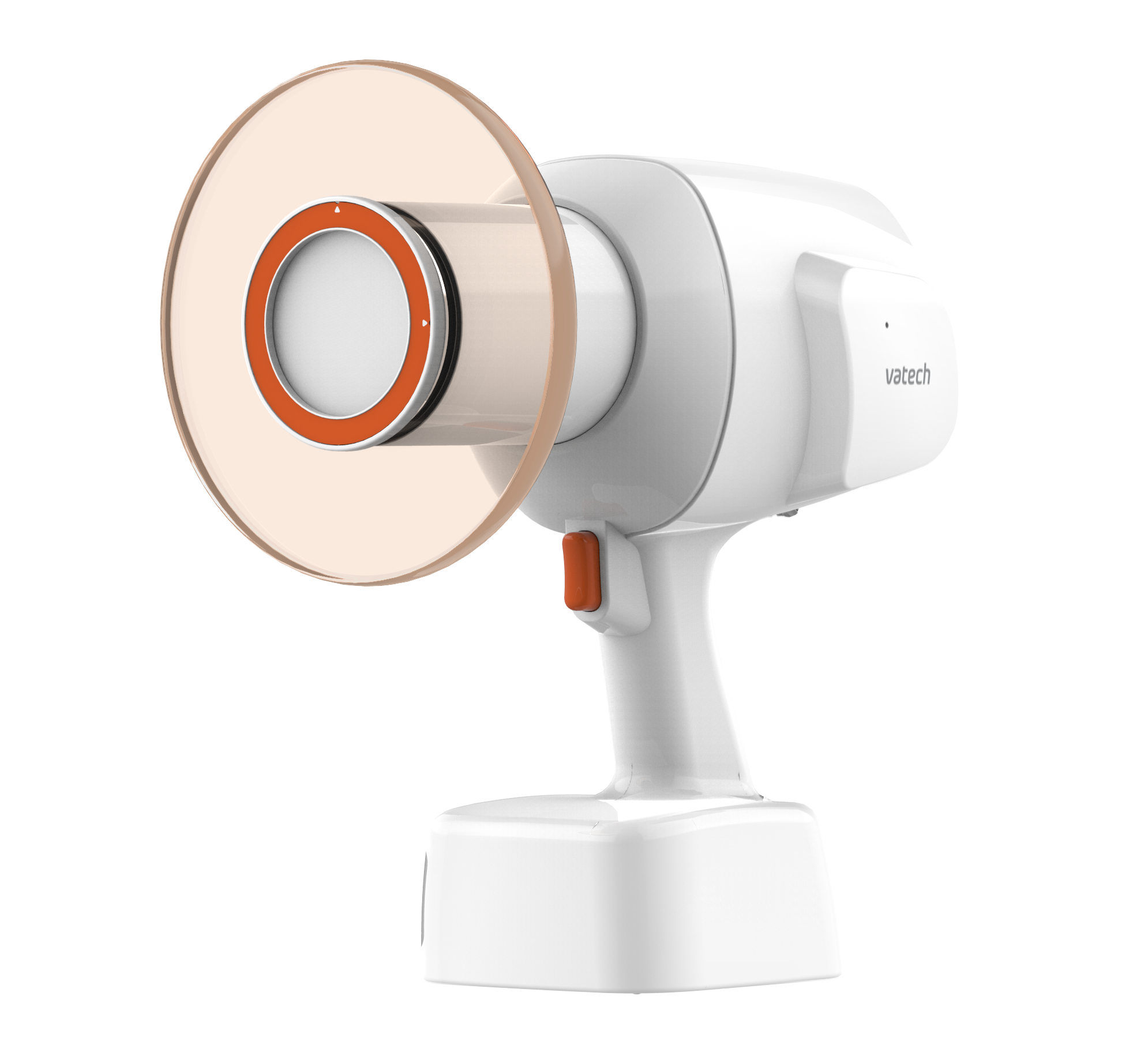

EFFICIENT | INFORMATIVE | EASY
Book a VIRTUAL DEMO with your
Vatech Sales Representative Today!

Save time by scheduling a virtual demo at home or in your office.

Our intuitive user-friendly devices make it easy to learn
without in-person assistance.

Vatech is a leading manufacturer of radiographic imaging solutions for Dental, Medical, and Veterinary fields with offices in over 70 countries worldwide.
More InformationAs the US subsidiary of Vatech, Inc, Vatech America is committed to providing the industry with innovative dental x-ray
imaging solutions while maintaining a primary focus on ultimately enhancing the quality of patient care.







We have numerous sales teams throughout the United States of America.
Find a Vatech Representative Near YouGet help from our technical support professionals. We are here to help.
Remote Assistant

